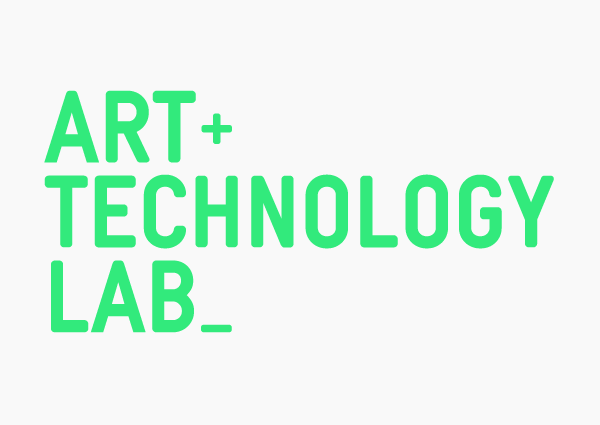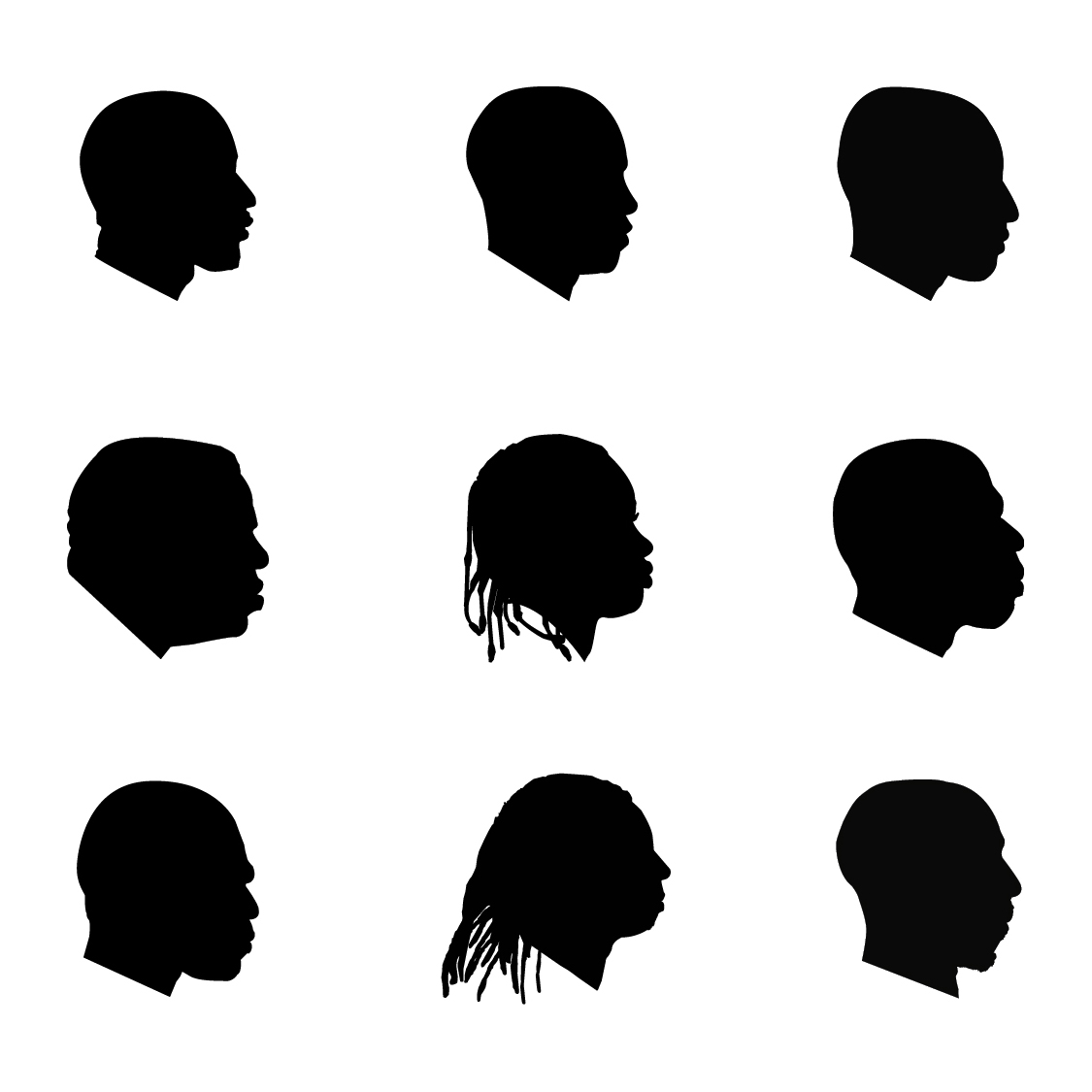The Art + Technology Lab at LACMA is pleased to announce the recipients of its 2018 Art + Technology grants. The grant awards include monetary and in-kind support for projects that engage emerging technologies. LACMA issued the 2018 Request for Proposals in December 2017, and the museum received over 430 submissions. The four grant recipients selected for 2018 will work with neural networks, genetic engineering, navigation systems, and bio-mimetic robotics. Check back on Unframed for updates on the projects in the coming months and congratulations to the recipients!
The Art + Technology Lab and its artist projects enjoy the support of an advisory board composed of the leading innovators across a variety of technological industries. Advisory board members lend their experience and expertise and help drive the conversation around how museums will use new technology in the future. Announced today is the addition of two new board advisors: Chris deFaria, President of DreamWorks Feature Animation Group and Farnaz Azmoodeh, Director of Engineering at Snap, Inc. These two partners join current advisory committee members representing Accenture, Google, Hyundai, and SpaceX. Artists Micol Hebron and Dan Goods and technologist Chris DeFay are participating independent advisors. The Lab is part of The Hyundai Project: Art + Technology at LACMA, a joint initiative exploring the convergence of art and technology.
2018 Art + Technology Lab recipients:
Tahir Hemphill will create a neural network to examine how cultural production is influenced by artificial intelligence, ultimately engaging participants to explore what is gained, lost, and transformed in the process. The neural network will be trained on the Hip-Hop Word Count, a big data project created by Hemphill that applies Natural Language Processing to a database of approximately 200,000 hip-hop songs from 1979 to the present day. Hemphill’s project is called Implications of a Rap Neural Network.
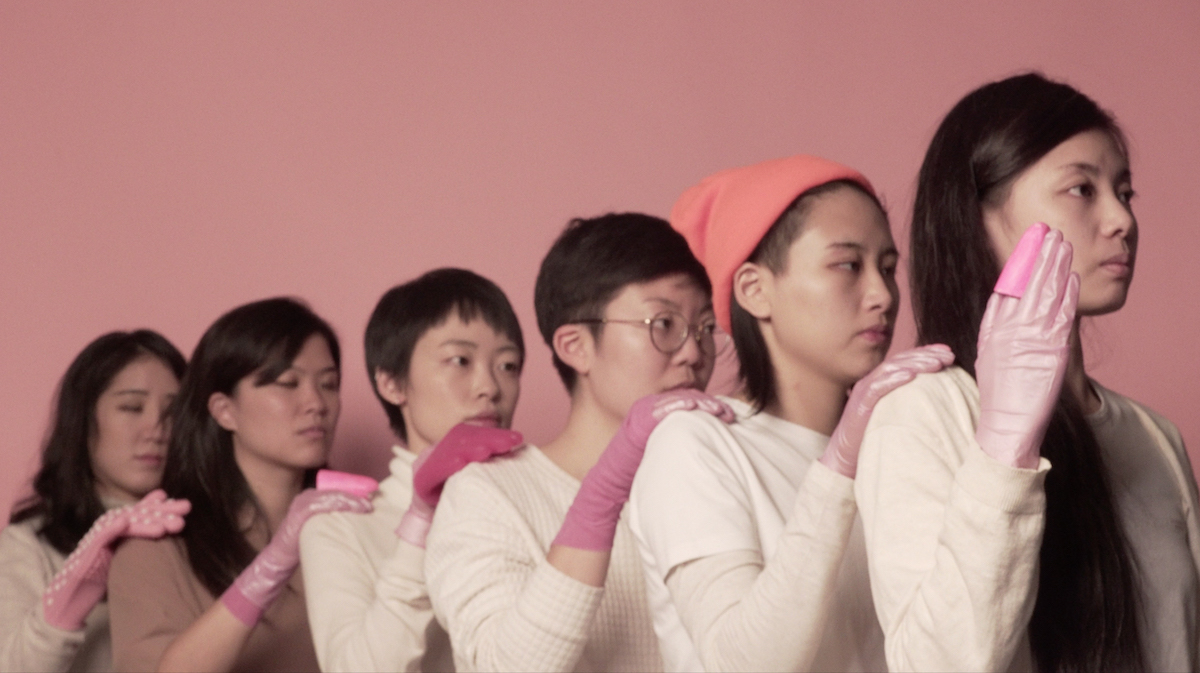
Jen Liu will combine genetic engineering and labor activism to investigate the production of synthetic meat and highlight the plight of female factory workers in South China. As part of the project, Liu will prototype wearable sculpture/accessories and develop 3D animations to connect the public to her explorations into the transference of genetic messages. Liu’s project is titled Pink Slime Caesar Shift.
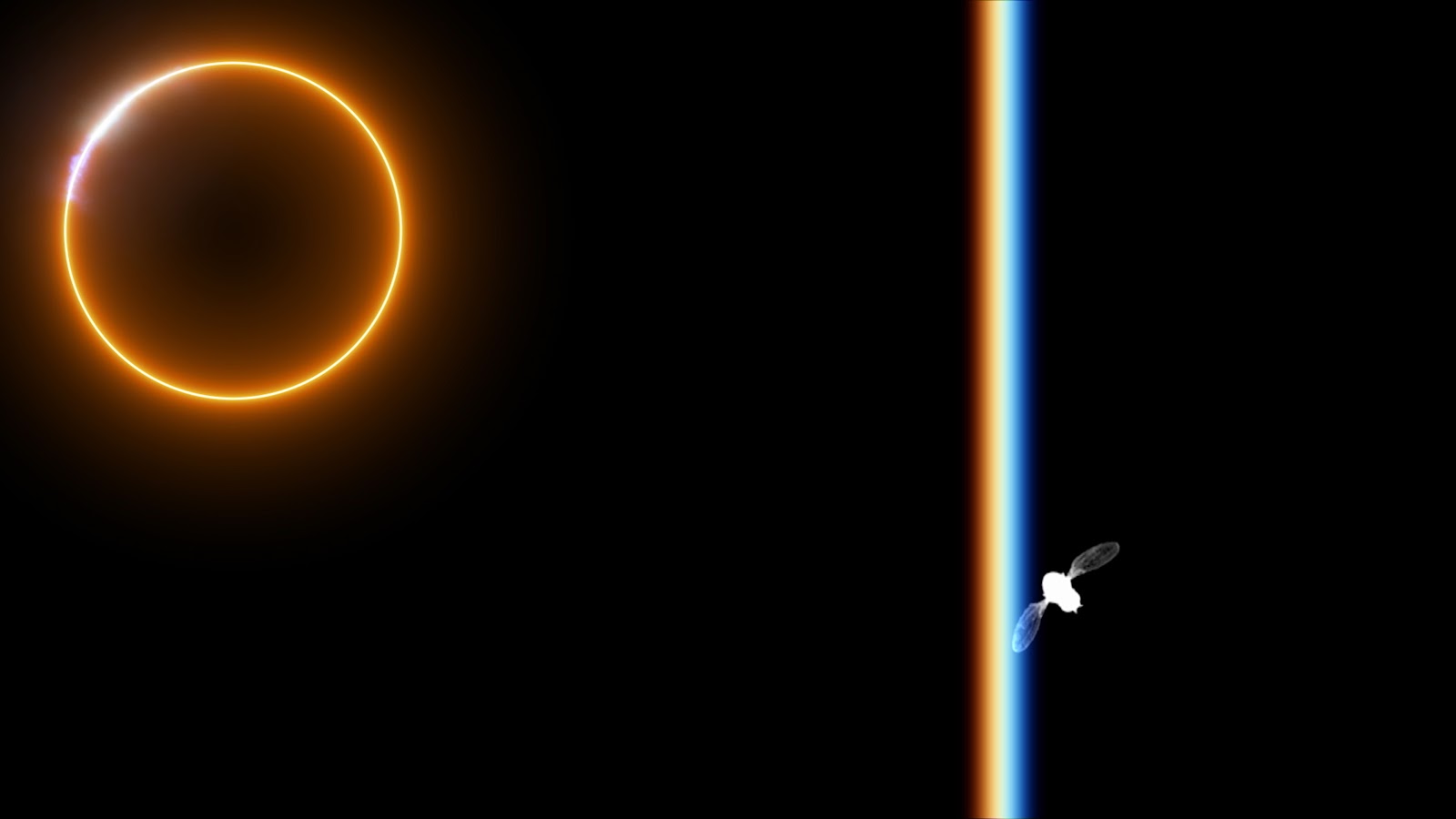
Sarah Rara will research human navigation and how it is mediated by video images. In addition to working with the Lab’s advisory board, Rara will continue her work with Caltech’s Dickinson Lab, where her research initially took shape. The project is called Ellipsoid Body, a reference to a ring-shaped brain structure within fruit flies that is needed for navigation.
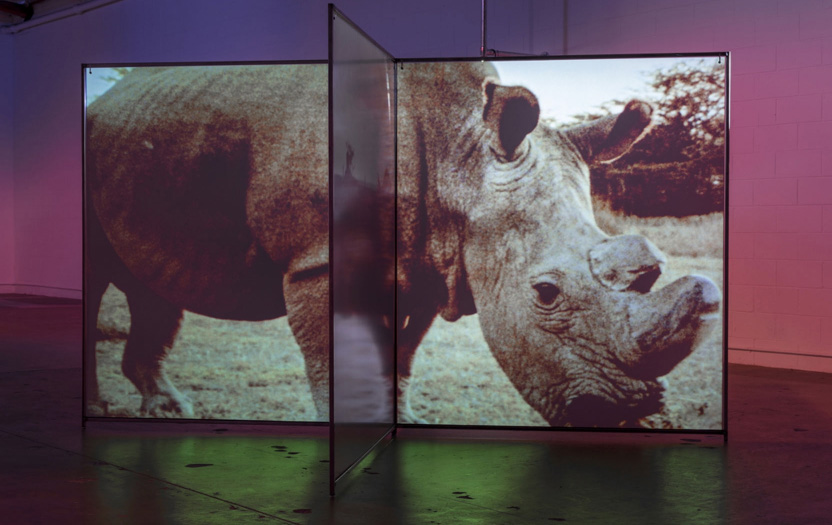
Diana Thater will develop a new body of work that is focused on bio-inspired and bio-mimetic robots. Working in video, the endeavor will investigate how these machines adapt the neurophysiology and behavior of their animal models. Thater’s project is called The Zeroth Law. The work of Diana Thater is in LACMA’s collection and was the subject of the major exhibition Diana Thater: The Sympathetic Imagination (November 22, 2015–April 17, 2016). This exhibition was supported by Hyundai Motor Company as part of The Hyundai Project at LACMA.
The Art + Technology Lab’s 2018 artist projects were evaluated on various criteria, including artistic merit; relevance to current issues in technology and culture; potential to generate models, methods and data for future public use; and the opportunity for meaningful public engagement.
The Art + Technology Lab is presented by:
The Art + Technology Lab is made possible by Accenture, Snap, Inc., and DreamWorks Animation.
Additional support is provided by SpaceX and Google.
The Lab is part of The Hyundai Project: Art + Technology at LACMA, a joint initiative exploring the convergence of art and technology.
Seed funding for the development of the Art + Technology Lab was provided by the Los Angeles County Quality and Productivity Commission through the Productivity Investment Fund and LACMA Trustee David Bohnett.



